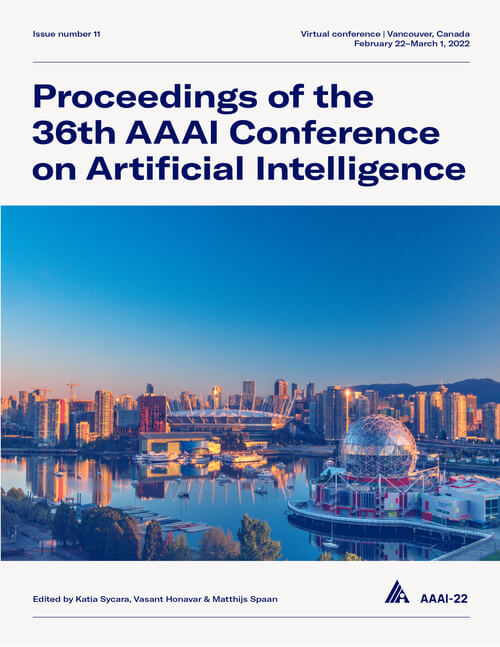Reliable Propagation-Correction Modulation for Video Object Segmentation
DOI:
https://doi.org/10.1609/aaai.v36i3.20200Keywords:
Computer Vision (CV)Abstract
Error propagation is a general but crucial problem in online semi-supervised video object segmentation. We aim to suppress error propagation through a correction mechanism with high reliability. The key insight is to disentangle the correction from the conventional mask propagation process with reliable cues. We introduce two modulators, propagation and correction modulators, to separately perform channel-wise recalibration on the target frame embeddings according to local temporal correlations and reliable references respectively. Specifically, we assemble the modulators with a cascaded propagation-correction scheme. This avoids overriding the effects of the reliable correction modulator by the propagation modulator. Although the reference frame with the ground truth label provides reliable cues, it could be very different from the target frame and introduce uncertain or incomplete correlations. We augment the reference cues by supplementing reliable feature patches to a maintained pool, thus offering more comprehensive and expressive object representations to the modulators. In addition, a reliability filter is designed to retrieve reliable patches and pass them in subsequent frames. Our model achieves state-of-the-art performance on YouTube-VOS18, YouTube-VOS19 and DAVIS17-Val/Test benchmarks. Extensive experiments demonstrate that the correction mechanism provides considerable performance gain by fully utilizing reliable guidance.Downloads
Published
2022-06-28
How to Cite
Xu, X., Wang, J., Li, X., & Lu, Y. (2022). Reliable Propagation-Correction Modulation for Video Object Segmentation. Proceedings of the AAAI Conference on Artificial Intelligence, 36(3), 2946-2954. https://doi.org/10.1609/aaai.v36i3.20200
Issue
Section
AAAI Technical Track on Computer Vision III

